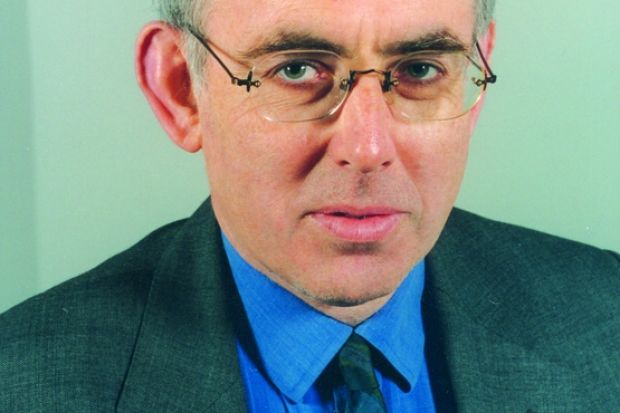Fred Halliday was born in Dublin on 22 February 1946 and educated at Ampleforth College in Yorkshire before going to Queen's College, Oxford to study philosophy, politics and economics. After completing his degree in 1967, he undertook an MSc in Middle East politics at the School of Oriental and African Studies in London.
While serving for many years on the editorial board of the New Left Review journal, Professor Halliday produced a series of pioneering studies of a region he believed to be widely misunderstood: Arabia without Sultans (1974); Iran: Dictatorship and Development, published in 1978 and much discussed after the revolution the following year; and Mercenaries in the Persian Gulf: Counter-insurgency in Oman (1979). These benefited from his extensive travel and knowledge of Arabic, Farsi, Russian and the major languages of Western Europe, which fed into the wider-ranging works that followed. These started with The Ethiopian Revolution (1982), co-authored with Maxine Molyneux, who later became Professor Halliday's wife, and the first of his books to explore global geopolitics, The Making of the Second Cold War (1983).
After completing a PhD on Yemenis in Britain at the London School of Economics, Professor Halliday worked at the institution from 1985 to 2008, when he moved to Spain as a research professor at the Barcelona Institute for International Studies. More specialist studies alternated with general surveys, such as Rethinking International Relations: Realism and the Neoliberal Challenge (1994), and volumes specifically designed to address common misconceptions about the Middle East and Islam.
In a typically combative piece on "the world's 12 worst ideas", published on the OpenDemocracy website in 2007, Professor Halliday included the claims that "human behaviour can be predicted", "we live in a 'post-feminist' epoch", "markets are a 'natural' phenomenon" and "the only thing 'they' understand is force".
Hazel Smith, professor of security and resilience at Cranfield University, first met Professor Halliday in 1986 when she entered postgraduate education.
She said he was "driven, prolific, original, curious, a multilinguist and, underneath a sometimes forbidding exterior, kind, tolerant and a person of real integrity. Less well known is that he was a fantastic teacher who, perhaps surprisingly for those who know the passion, toughness and polemics of his research, encouraged, tolerated and supported all manner of idiosyncrasies in the 62 doctoral students whom he successfully supervised."
Professor Halliday died of cancer on 26 April 2010 and is survived by his wife and their son, Alex.
Register to continue
Why register?
- Registration is free and only takes a moment
- Once registered, you can read 3 articles a month
- Sign up for our newsletter
Subscribe
Or subscribe for unlimited access to:
- Unlimited access to news, views, insights & reviews
- Digital editions
- Digital access to THE’s university and college rankings analysis
Already registered or a current subscriber? Login
